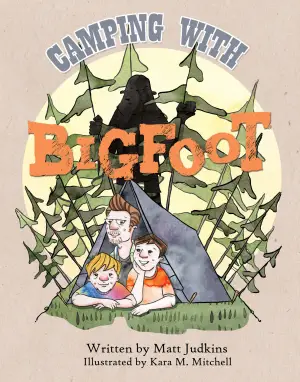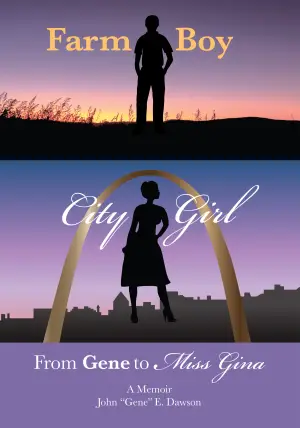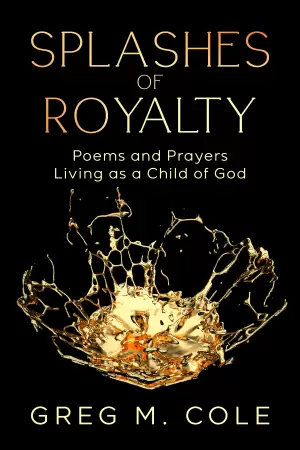Haunting Reflections on Layla by Colleen Hoover
When I picked up Layla by Colleen Hoover, I was intrigued by its promise of a love story entwined with a supernatural twist. However, I couldn’t shake the nagging feeling that I was walking into a potential emotional minefield. After all, it’s hard to ignore the shadows of infidelity that loom large in many love stories, and my history with cheating narratives has left me a bit jaded. Nevertheless, I dove in, hoping that Hoover might provide the catharsis I yearned for instead of yet another tale riddled with dishonesty and betrayal.
At the heart of Layla is the tumultuous relationship between Layla and Leeds. Their connection blossoms at Layla’s sister’s wedding, only to be shattered by a tragic event that leaves Layla fighting for her life. While physically she recovers, the emotional scars run deep, and Leeds, in a misguided attempt to heal her, ventures back to the scene of their initial spark. This leads to a delicate exploration of love intermingled with haunting memories and insidious lies.
From the outset, the specter of emotional cheating looms heavily over Leeds’s character. To say I was put off would be an understatement. As I read through his mind, I wrestled with feelings of frustration and disappointment. His confessions, laden with moments of yearning for Willow—a ghostly figure tied to Layla’s traumatic past—left me feeling hollow. How could I empathize with a protagonist who was emotionally unfaithful to a woman struggling to reclaim her identity?
Hoover’s writing is undeniably engaging; her capacity to create tension is remarkable. Yet, as I turned the pages, my heart felt heavier. I was often reminded of why I harbor a particular disdain for stories rooted in deceit. That said, I appreciated the way Hoover crafted Leeds’s internal struggles, allowing us glimpses into his conflicted psyche. Moments where he reflects on his feelings for Willow over Layla felt jarring. “I’ll still pretend Layla is Willow every time I kiss her,” he admits, and I couldn’t shake my anger at how casually he dismissed Layla’s feelings.
The pace of the novel fluctuates, mimicking the emotional rollercoaster of its characters. While I found myself eagerly flipping pages, I was equally overwhelmed by the sheer weight of betrayal intertwined with vulnerability. Quotes like, “I never thought I’d feel more for someone than I felt that night,” struck a dissonant chord, as they underscored Leeds’s shifting loyalties while neglecting Layla’s reality.
For readers who revel in tales of supernatural elements tinged with romance, Layla might resonate. However, caution is warranted for those like me—who bristle at lying and cheating, even in fiction. This novel forced me to confront uncomfortable emotions, and while that can sometimes lead to enriching discussions about morality and love, I found my discomfort overshadowed the narrative’s potential richness.
In conclusion, Layla left me adrift. I wondered whether the haunting elements that bore such significance could truly enrich a narrative steeped in emotional betrayal. While I acknowledge Hoover’s talent for storytelling, my journey with this book has left me questioning the fine line between love and manipulation. If you’re open to exploring complex relationships fraught with pain and misunderstanding, then Layla might just be your cup of tea. But for me, it was another reminder that sometimes, even in fiction, I can’t shake my deep-seated aversion to liars and cheaters.












